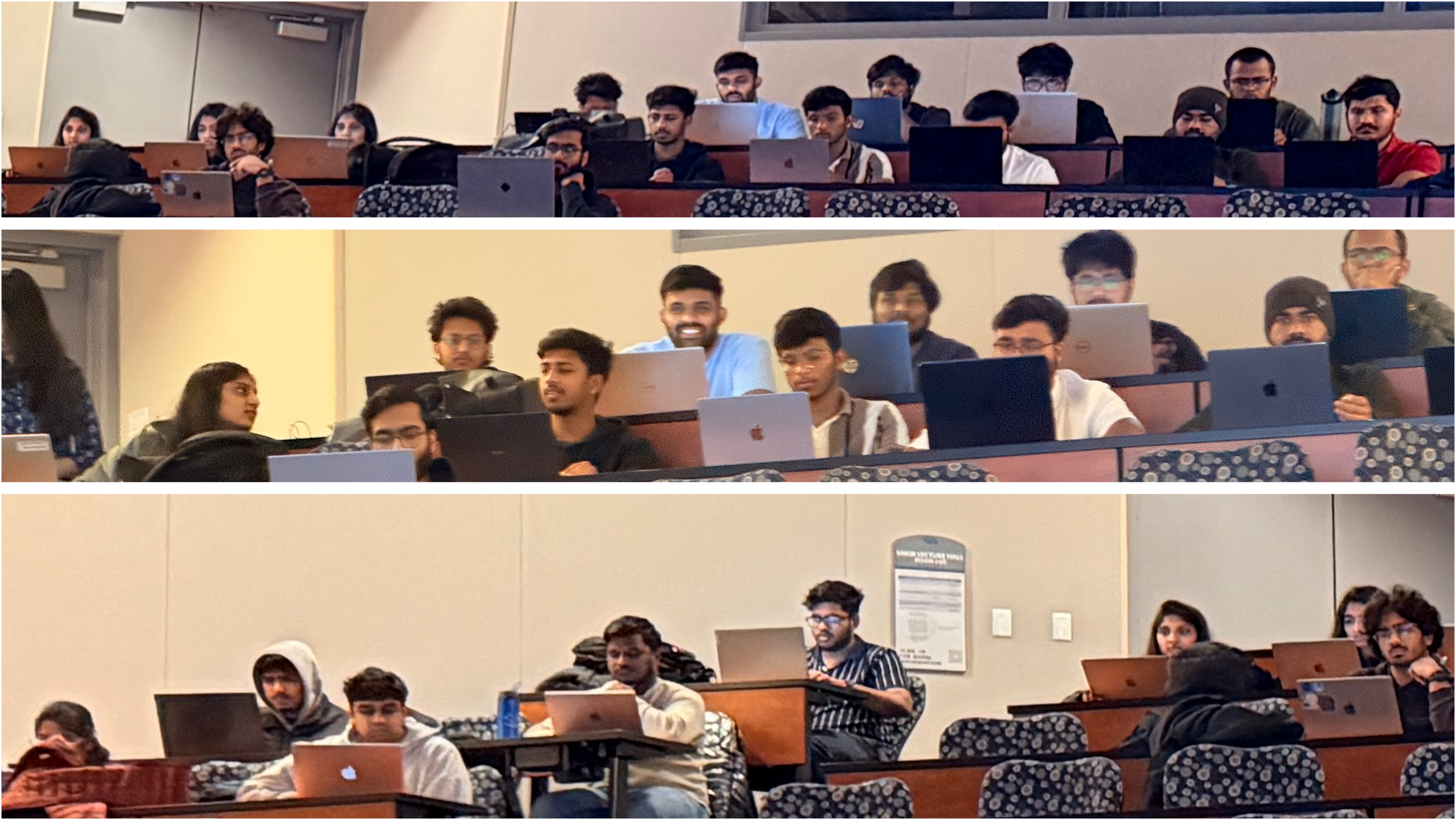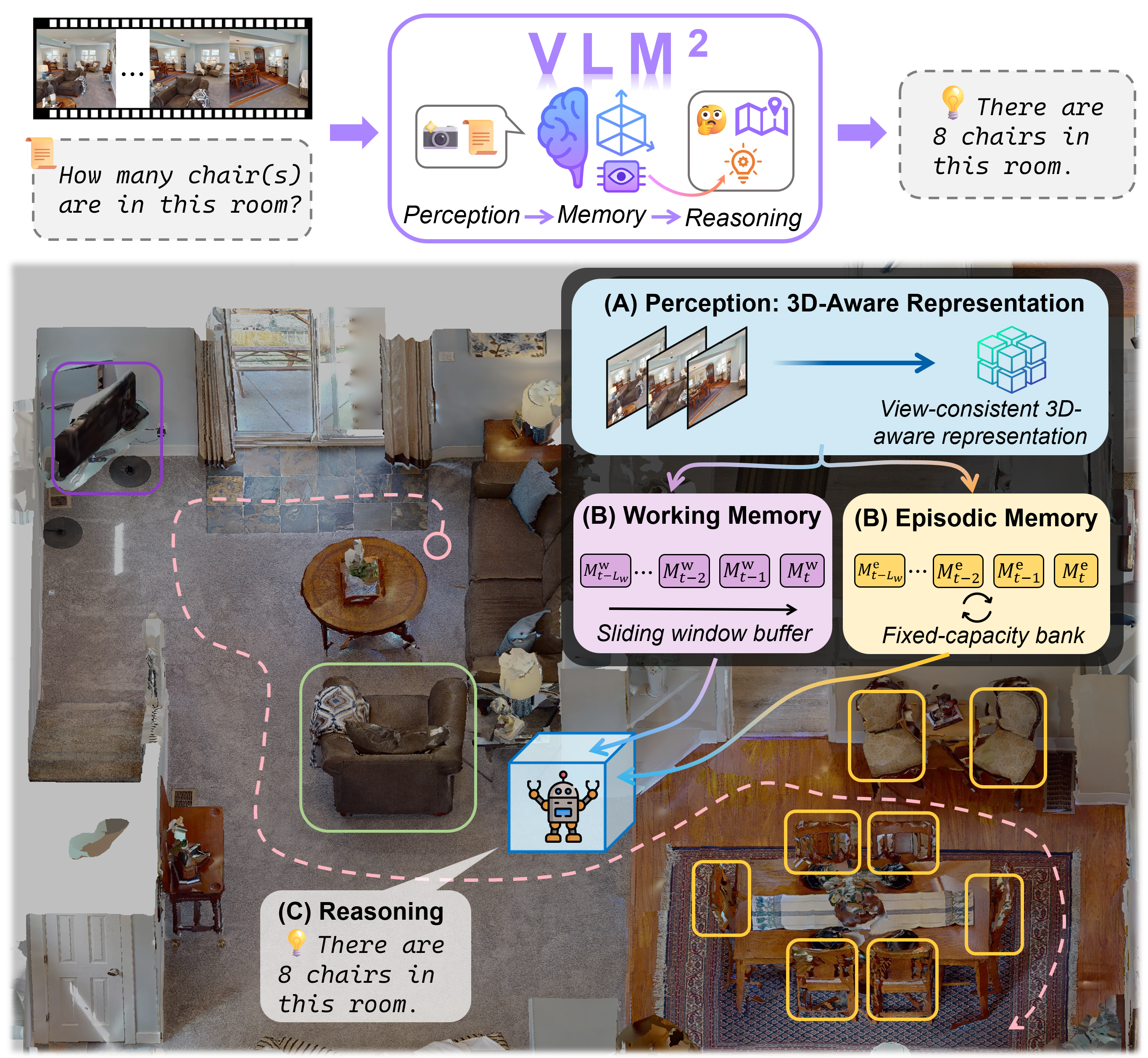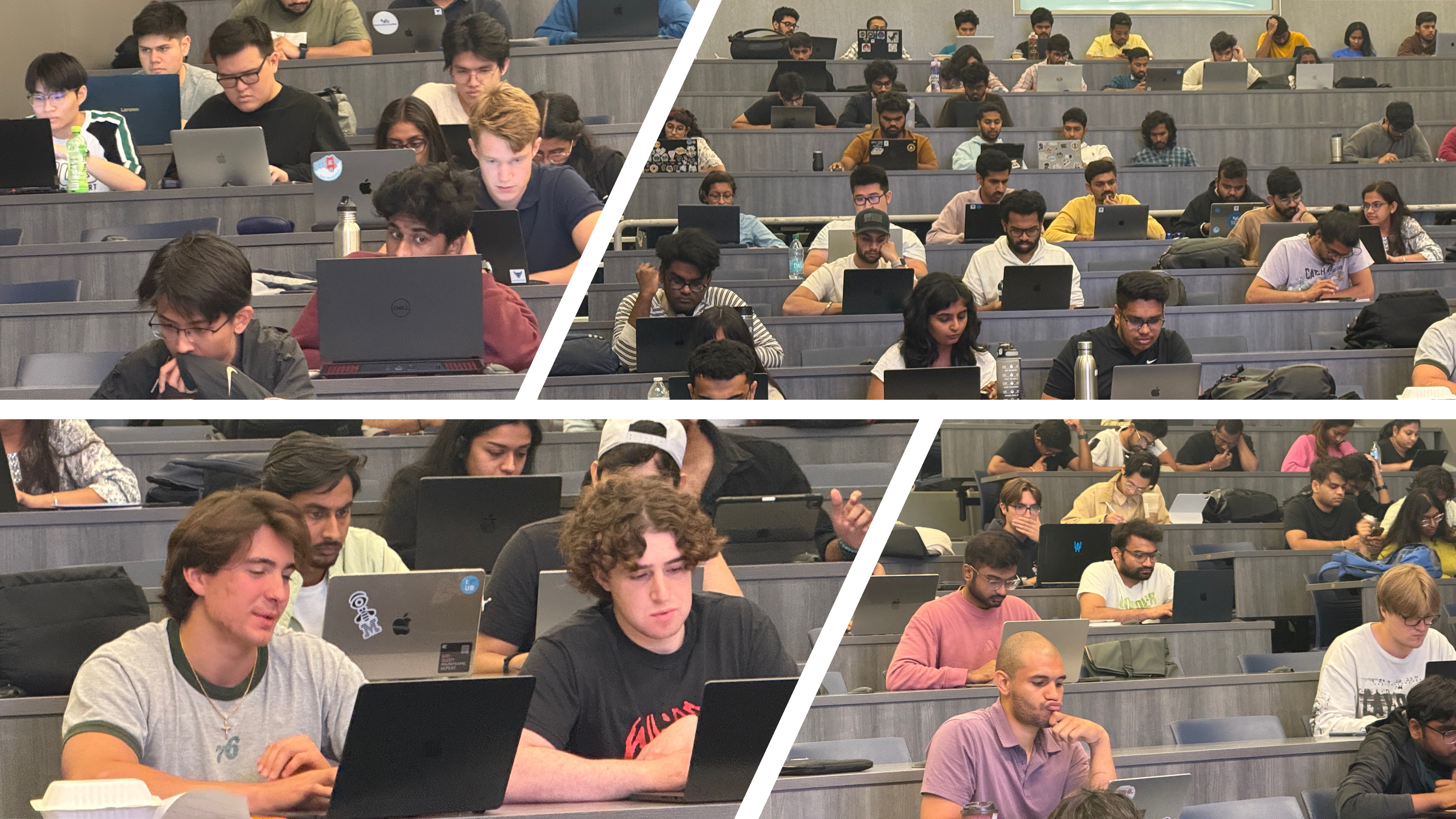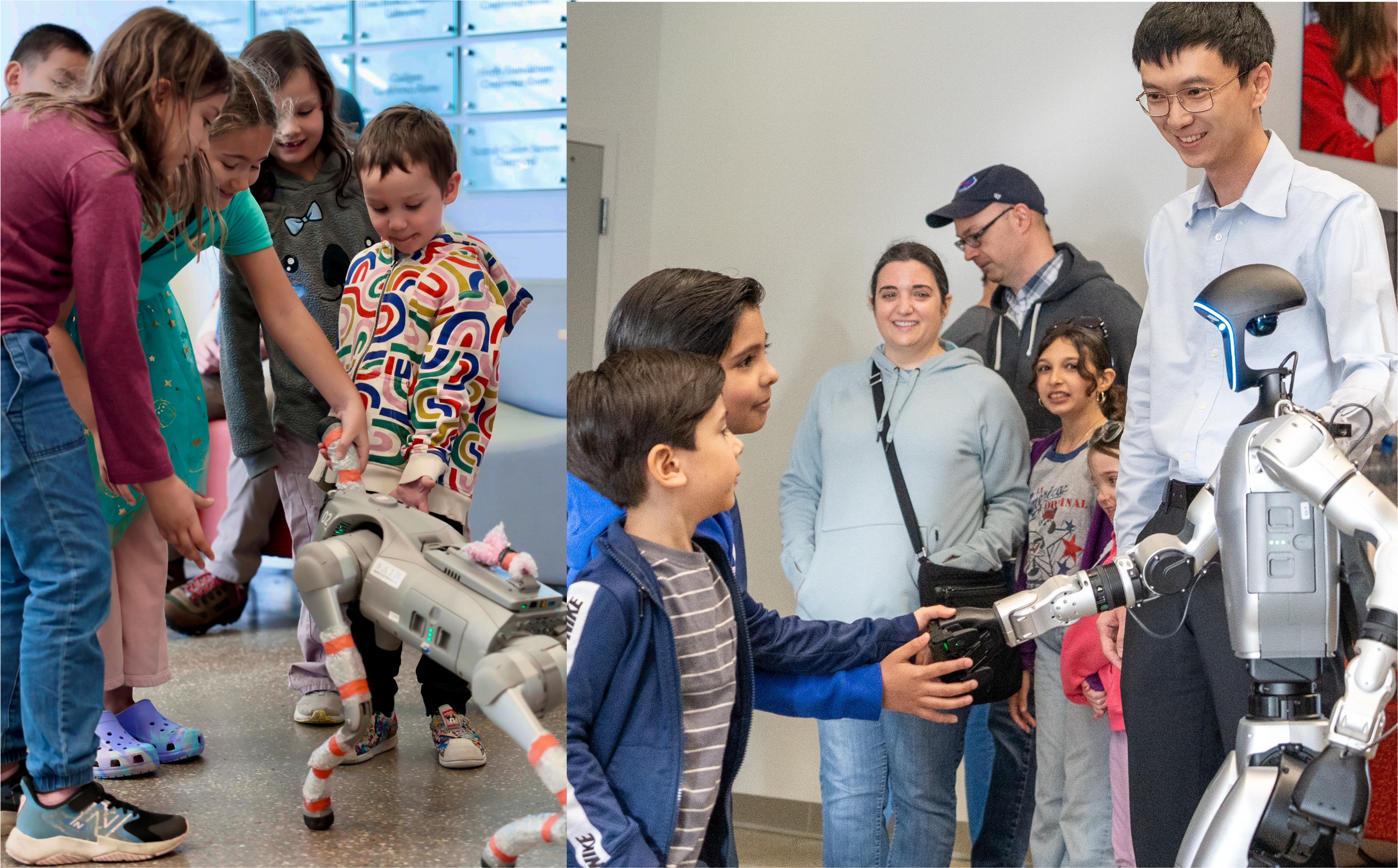A traversability map for adaptive strategies beyond simple avoidance on challenging terrains.
Chen Wang
Assistant Professor
I am an Assistant Professor at the Computer Science and Engineering (CSE), University at Buffalo (UB).
At the intersection of perception, spatial reasoning, and decision-making, we are committed to advancing mobile robots toward human-level autonomy by developing algorithms and systems that can efficiently and robustly:
- Perceive and interpret various sensory inputs such as images, point clouds, and proprioceptive data.
- Integrate neural and symbolic memory representations to capture spatial common sense and semantic knowledge.
- Reason, plan, and act in real time to navigate, interact, and adapt within unstructured and dynamic environments.
A central paradigm we advocate is imperative learning (IL), a unified Neuro-Symbolic learning framework for robot autonomy, that advances data-efficient learning through structured reasoning. IL is inherently self-supervised, modular, and end-to-end learnable with symbolic reasoning grounded in physical laws and logical rules.
We are also leading the development of PyPose, an open-source library for differentiable robotics on manifolds. Notably, PyPose has accumulated over 160,000 downloads in 2025, according to PyPi Stats.
Experience
- Assistant Professor
- University at Buffalo (UB), USA
- 2022 - Present
- Postdoctoral Fellow
- Robotics Institute, Carnegie Mellon University, USA
- 2019 - 2022
Education
- Ph.D. in Robotics
- Nanyang Technological University (NTU), Singapore
- 2014 - 2019
- Bachelor of Engineering
- Beijing Institute of Technology (BIT), China
- 2010 - 2014
Awards
- UB CSE Excellence in Research Award, 2024
- Sony Research Award, 2024
- Cisco Research Award, 2023
Academic Service
- IEEE RAS Technical Committee for Computer & Robot Vision
- Associate Co-chair, Dec. 2022 - Present
Editorial Service
- IEEE Transactions on Robotics (T-RO)
- Associate Editor, Jan. 2026 - Present
- International Journal of Robotics Research (IJRR)
- Guest Editor, Special Issue on Foundation Models and Neuro-Symbolic AI for Robotics
- Associate Editor, Jan. 2023 - Present
- IEEE Robotics and Automation Letters (RA-L)
- Associate Editor, Aug. 2021 - Aug 2024
- IEEE Conference on Computer Vision and Pattern Recognition (CVPR)
- Area Chair, 2023 - Present
- Conference on Neural Information Processing Systems (NeurIPS)
- Area Chair, 2024 - Present
- IEEE International Conference on Robotics and Automation (ICRA)
- Area Chair, 2025 - Present
Position Opening
- PhD and any other intern candidates, please visit the Contact page for details.
- UB students seeking research opportunities can first consult my PhD students for potential topics.
Information
-
Work Email: chenw@sairlab.org
-
School Email: cwx@buffalo.edu
First Author Publications (Go to Full Publication List)
-
Imperative Learning: A Self-supervised Neuro-Symbolic Learning Framework for Robot Autonomy.International Journal of Robotics Research (IJRR), 2025.
-
Differentiable Optimization.SLAM Handbook. From Localization and Mapping to Spatial IntelligenceEdited by Luca Carlone, Ayoung Kim, Frank Dellaert, Timothy Barfoot, and Daniel CremersCambridge University Press, 2025
-
PyPose: A Library for Robot Learning with Physics-based Optimization.IEEE/CVF Conference on Computer Vision and Pattern Recognition (CVPR), pp. 22024–22034, 2023.
-
Lifelong Graph Learning.IEEE/CVF Conference on Computer Vision and Pattern Recognition (CVPR), pp. 13719–13728, 2022.
-
Unsupervised Online Learning for Robotic Interestingness with Visual Memory.IEEE Transactions on Robotics (T-RO), vol. 38, no. 4, pp. 2446–2461, 2021.
-
Visual Memorability for Robotic Interestingness via Unsupervised Online Learning.European Conference on Computer Vision (ECCV), pp. 52–68, 2020.
-
Kervolutional Neural Networks.IEEE/CVF Conference on Computer Vision and Pattern Recognition (CVPR), pp. 31–40, 2019.
-
Kernel Cross-Correlator.Thirty-Second AAAI Conference on Artificial Intelligence (AAAI), pp. 4179–4186, 2018.
-
Correlation Flow: Robust Optical Flow Using Kernel Cross-Correlators.International Conference on Robotics and Automation (ICRA), pp. 836–841, 2018.
-
Ultra-Wideband Aided Fast Localization and Mapping System.IEEE/RSJ International Conference on Intelligent Robots and Systems (IROS), pp. 1602–1609, 2017.
-
Non-iterative SLAM.International Conference on Advanced Robotics, pp. 83–90, 2017.







